
AllQuestion and Answers: Page 635
Question Number 156534 Answers: 2 Comments: 1
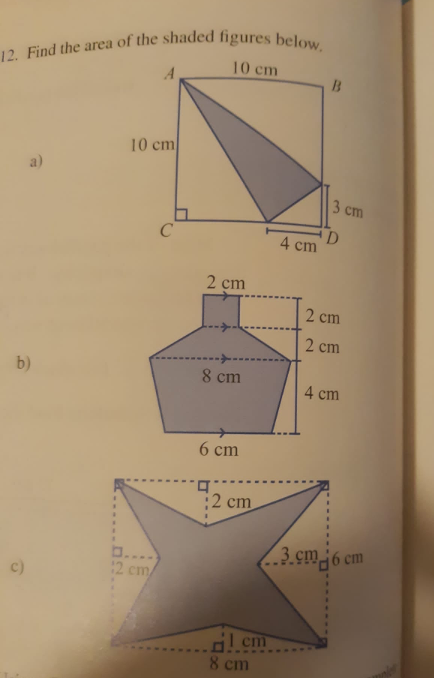
Question Number 156532 Answers: 1 Comments: 0
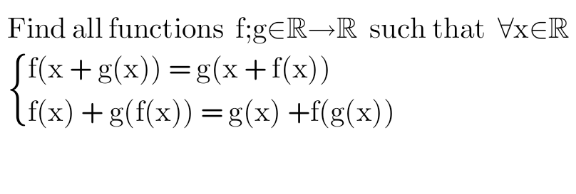
Question Number 156529 Answers: 1 Comments: 0
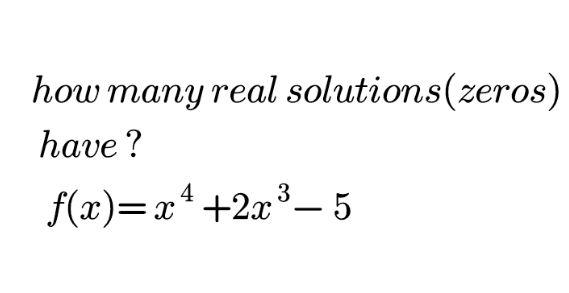
Question Number 156522 Answers: 0 Comments: 1

Question Number 156520 Answers: 1 Comments: 0
Question Number 156513 Answers: 0 Comments: 3
Question Number 156511 Answers: 2 Comments: 0

Question Number 156517 Answers: 1 Comments: 0
$$\int\:\frac{\mathrm{dx}}{\mathrm{3tan}\:\mathrm{x}+\mathrm{cos}\:\mathrm{x}}\:=? \\ $$
Question Number 156509 Answers: 1 Comments: 5

Question Number 156508 Answers: 1 Comments: 0
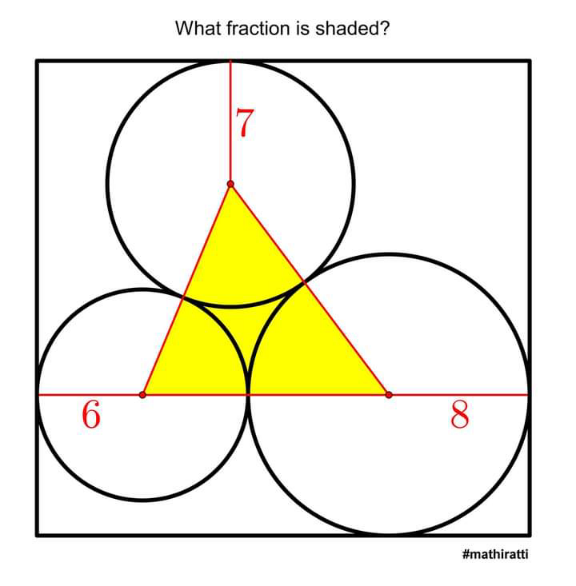
Question Number 156507 Answers: 0 Comments: 0

Question Number 156502 Answers: 1 Comments: 0
Question Number 156495 Answers: 1 Comments: 0
Question Number 156485 Answers: 0 Comments: 0
Question Number 156475 Answers: 1 Comments: 4
Question Number 156470 Answers: 1 Comments: 0
$${Q}=\int_{\mathrm{0}} ^{\infty} \frac{{x}^{{c}} }{{c}^{{x}} }{dx} \\ $$
Question Number 156473 Answers: 1 Comments: 0

Question Number 156467 Answers: 0 Comments: 0
Question Number 156463 Answers: 1 Comments: 0
Question Number 156462 Answers: 1 Comments: 0
Question Number 156482 Answers: 1 Comments: 0
Question Number 156573 Answers: 0 Comments: 0
Question Number 156571 Answers: 1 Comments: 0
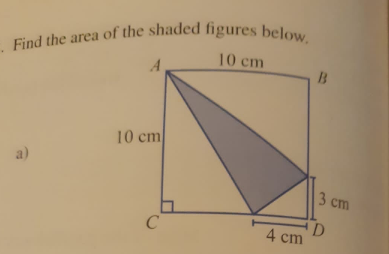
Question Number 156458 Answers: 0 Comments: 0

Question Number 156455 Answers: 1 Comments: 4

Question Number 156453 Answers: 0 Comments: 0
Pg 630 Pg 631 Pg 632 Pg 633 Pg 634 Pg 635 Pg 636 Pg 637 Pg 638 Pg 639
